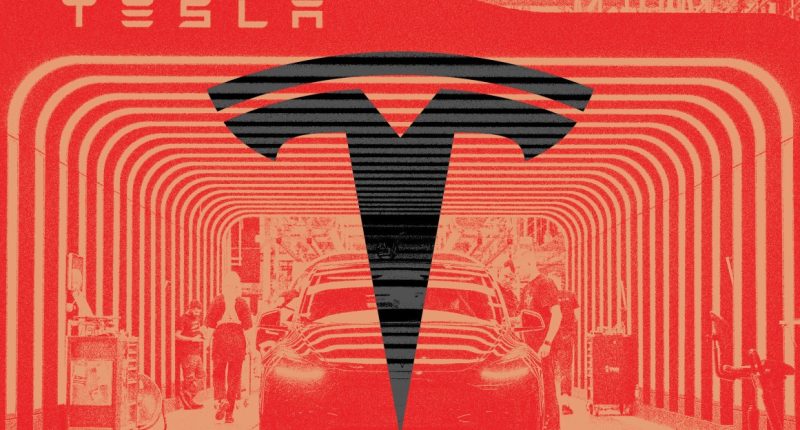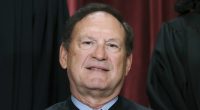Share this @internewscast.com
We don’t usually cover monthly sales figures for a single car manufacturer in one region, but this case is particularly significant given the current global circumstances. Indicating a challenging scenario for Elon Musk’s company, Tesla is facing severe setbacks in Europe. Sales for Tesla in the EU, UK, and European Free Trade Association plummeted by an alarming 49 percent in April compared to the previous year, despite an overall rise in battery-electric vehicle sales.
The latest data from the European Automobiles Manufacturers Association showed Tesla secured just 7,261 new vehicle registrations during April, nearly a 50 percent drop from April 2024 figures. This decline is particularly striking considering Tesla’s recent launch of the updated Model Y, a global bestseller anticipated to draw many new buyers. However, the strategy appears to be faltering at this stage.
Even with Musk’s positive outlook regarding Model Y’s sales potential, Tesla’s brand issues seem to be escalating. This isn’t due to a decline in European interest in electric vehicles; from January to April 2025, sales of new battery-electric cars increased by 26.4 percent, reaching 558,262 units and securing 15.3 percent of the total EU market share.
Despite Musk’s optimistic talk about the Model Y’s sales prospects, Tesla’s brand crisis appears to be deepening.
Tesla’s falling fortunes can be chalked up to several factors, including rising competition from domestic manufacturers and Chinese rivals, and Musk’s efforts to slash federal spending for the Trump administration as part of DOGE, or the Department of Government Efficiency. Musk’s political meddling in the EU, where he came out in support of Germany’s far-right party ahead of that country’s elections, appears to have done Tesla few favors as well.
Musk seems to be aware that his political activities are having an adverse effect on Tesla. He recently claimed he would spend less time in Washington and focus more on his company — although he also said he would stay involved in Trump’s White House through the end of the president’s term in office.
But while Republicans were once thrilled by Musk’s allegiance to Trump, the country as a whole is sick of his antics. A recent Reuters/Ipsos poll found that 58 percent of respondents had an unfavorable view of Musk, compared to 39 percent who viewed him favorably. And it would seem like the strategy of tying Musk closely to his companies’ brands has backfired. A survey gauging the reputations of top companies ranked Tesla 95th and SpaceX 86th, down from the 8th highest rated brand and 5th highest four years ago, respectively.
During last month’s quarterly earnings call, Musk confidently told investors that Tesla’s sales would pick back up after factory closures for the refreshed Model Y was all settled. But with the CEO so focused on AI, robotics, and self-driving cars, it’s not clear that there’s any immediate fix to Tesla’s compounding problems.







